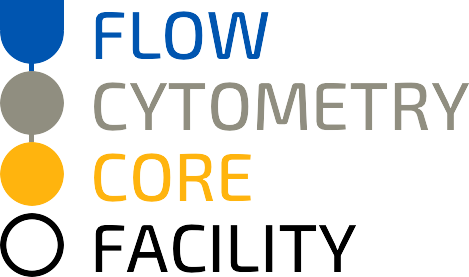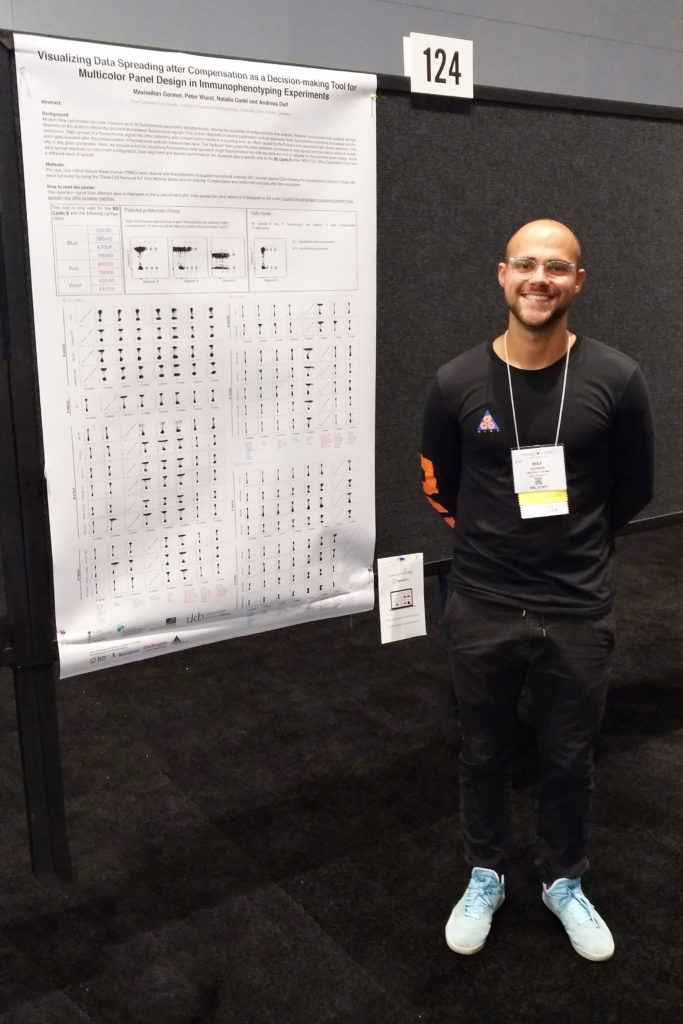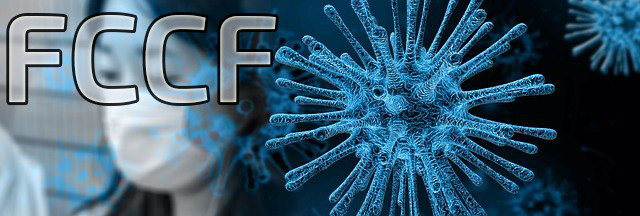At this years 34th congress of the international society for advancement of cytometry (Cyto) in Vancouver we proudly presented our work „Visualizing Data Spreading after Compensation as a Decision-making Tool for Multicolor Panel Design in Immunophenotyping Experiments“. It was rewarded with a travel award and rose keen interest amongst the researchers and experts.
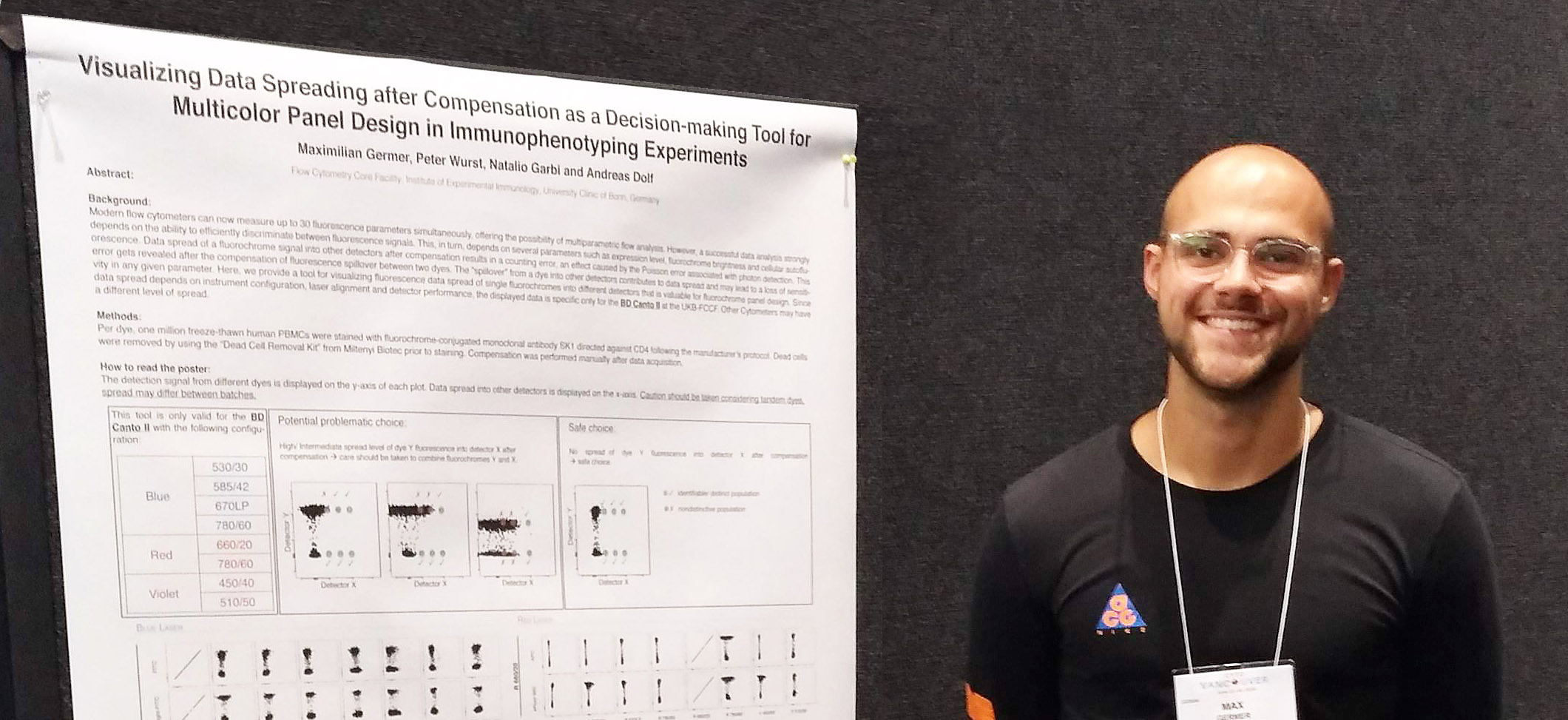
Similar Posts

How AI could be used to educate ;-)
When you ask ChatGPT to write a children’s story about flow cytometry this happens. Isn’t it brilliant? #ai#chatgpt#flowcytometry#artificialintelligence Once upon a time, there was a little cell named Celeste. Celeste was a special cell because she was part of a big experiment. Scientists wanted to learn more about Celeste and all of her friends, so…
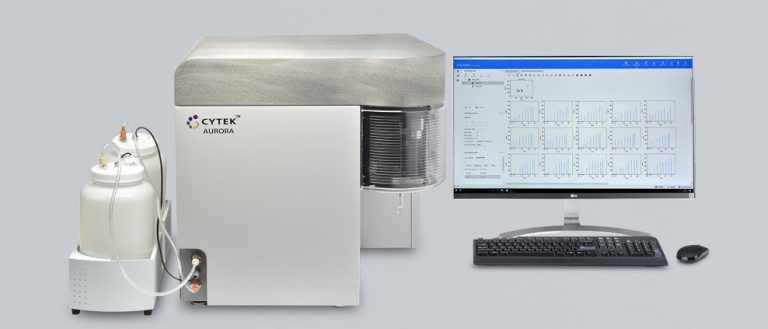
Seminar: Full-Spectrum Flow Cytometry 15th January 2019, 10:00-12:00
What is spectral flow cytometry? In contrast with conventional flow cytometry that detects the emission peak of fluorochromes by the use of optical filters, spectral flow cytometry distinguishes the shapes of emission spectra along a large range of continuous wave lengths. The data is analyzed with an algorithm that replaces compensation matrices and treats auto-fluorescence…
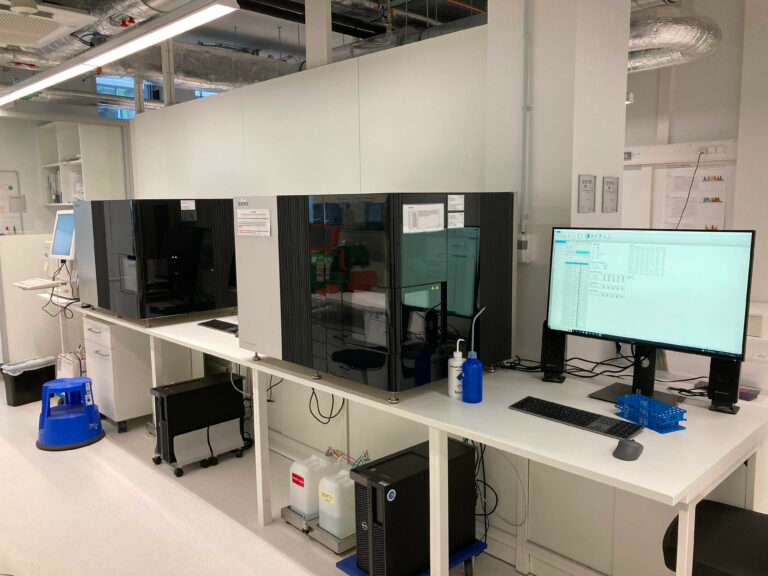
Second Spectral Analyser installed! (7 laser configuration!)
The 7 laser configuration gives you increased panel design flexibility and more sensitivity due to less data spread after unmixing. For more details, read following technical note: Using the 320-nm Laser on the ID7000™
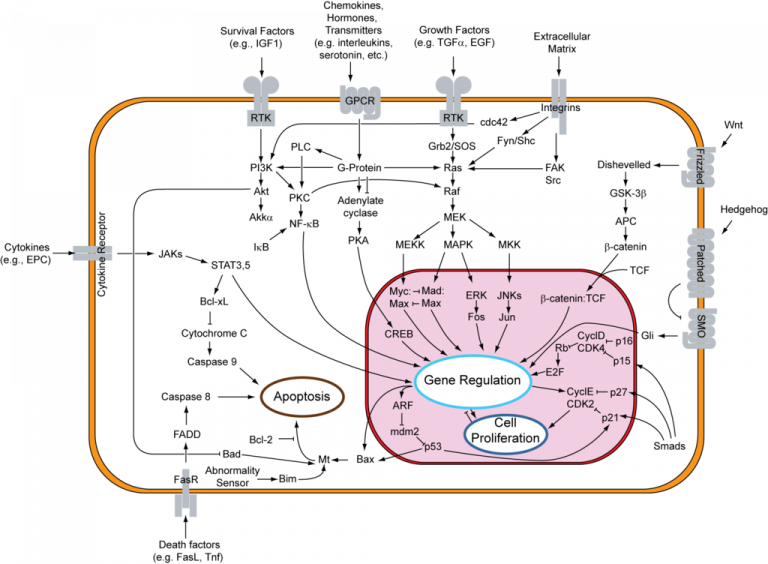
Flow Cytometric Analysis of Proliferation and Apoptosis
WHEN: 8. November 2018 @ 10:00 – 16:00 WHERE: Hörsaal, klein BMZ Gebäude 406 Sigmund-Freud-Straße 25, 53127 Bonn Germany Agenda: + 10:00 Introduction Flow Cytometry + 10:30 Apoptosis & Proliferation – Old Tricks And New Trends part1 + 11:30 Coffee Break + 11:45 Apoptosis & Proliferation – Old Tricks And New Trends part2 + 13:00…
